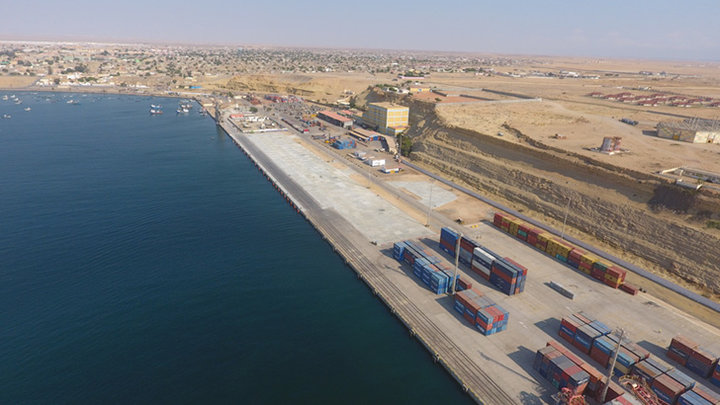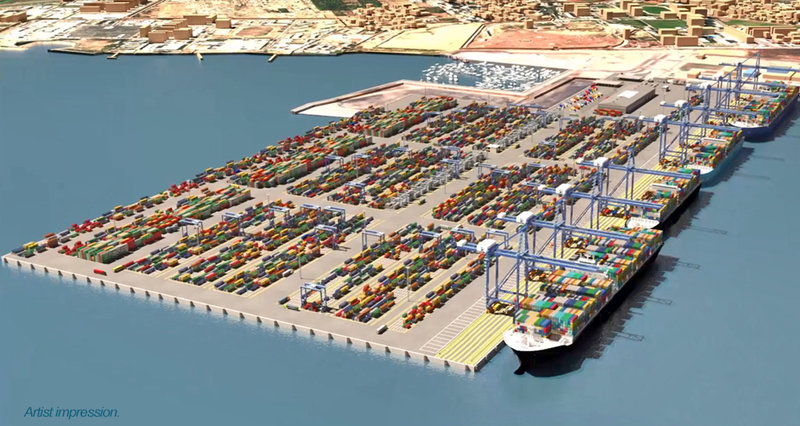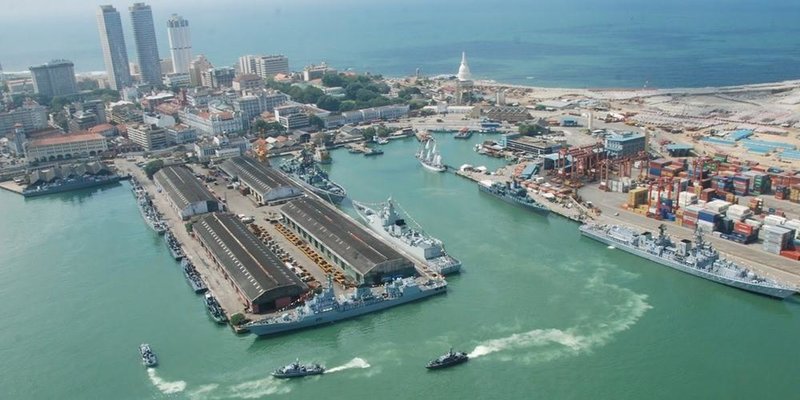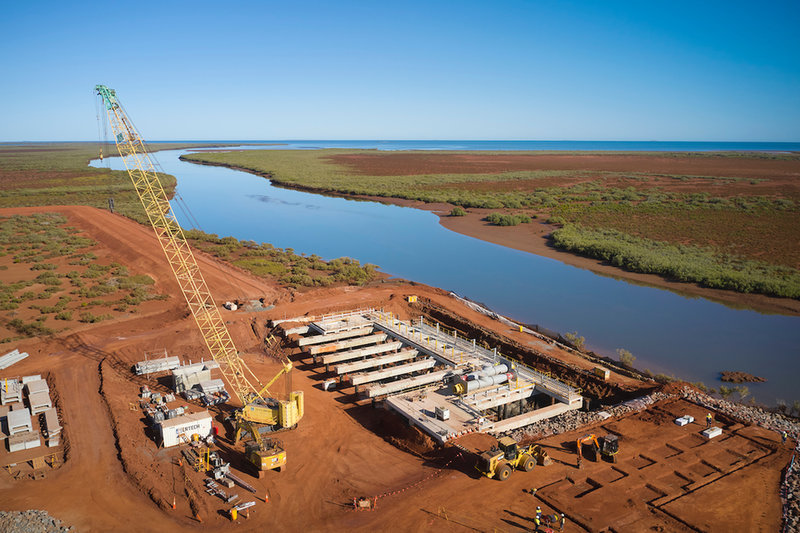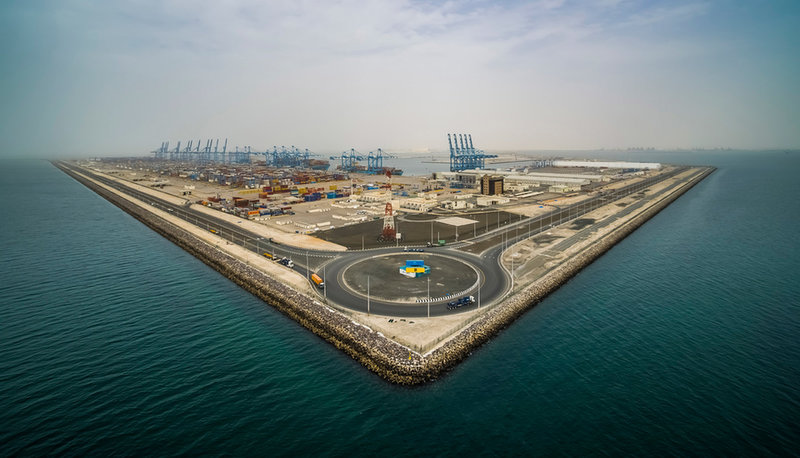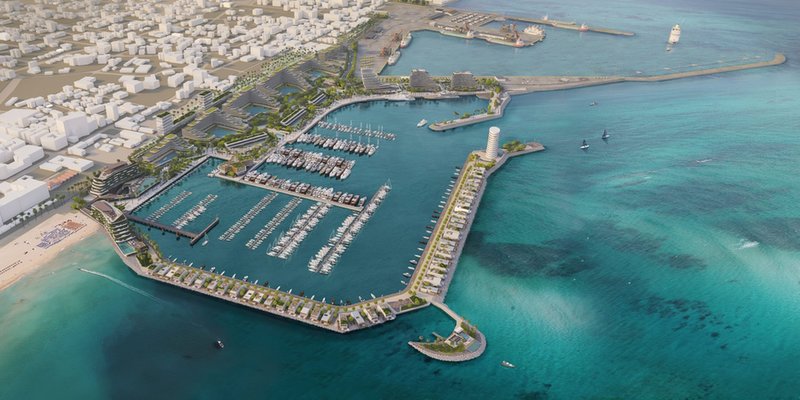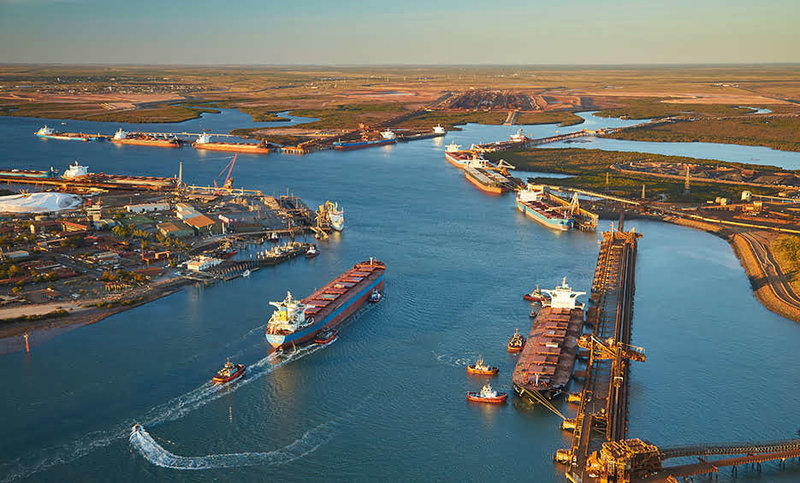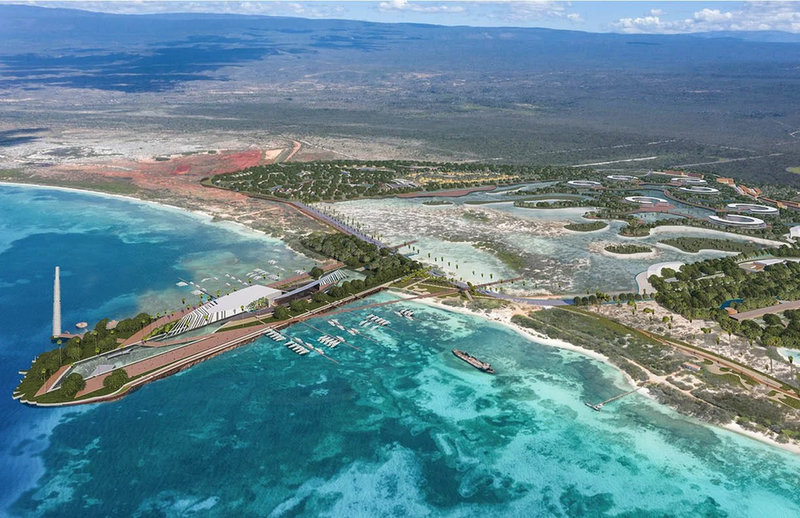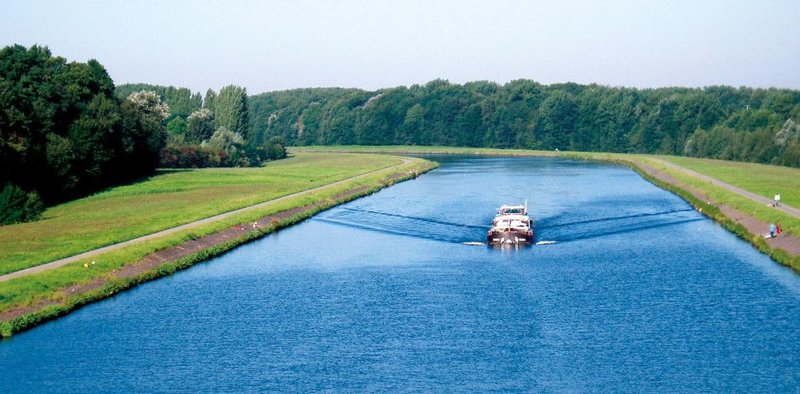Namibe Bay Integrated Development, Angola
The Angola Ministry of Transport, in association with Toyota Tsusho Corporation and TOA Corporation, is undertaking the Namibe Bay Port Integrated Development in Namibe, Angola.
The project aims to revitalise the economy in the south of the country, generate employment, and diversify industry; at the same time, it will increase the potential of the port for becoming a gateway for imports and exports to and from landlocked countries in the African continent.
The development involves the rehabilitation of the Sacomar iron ore export terminal and the expansion of the Namibe container terminal.
The rehabilitation of the Sacomar iron ore export terminal includes the construction of a new jetty and the development of backlands. The expansion of the Namibe container terminal includes the construction of a new container terminal, dredging works, and installation of container cranes.
The project will be developed in two parts: first, the rehabilitation of the Sacomar iron ore export terminal, and second, the expansion of the Namibe container terminal, located on the opposite shore to Sacomar.
The project is financially supported by Japan Bank for International Cooperation and Nippon Export Investment Insurance. TOA Corporation will be responsible for the construction works.
Construction started in Q3 2022 and is expected to be completed by Q2 2024.
